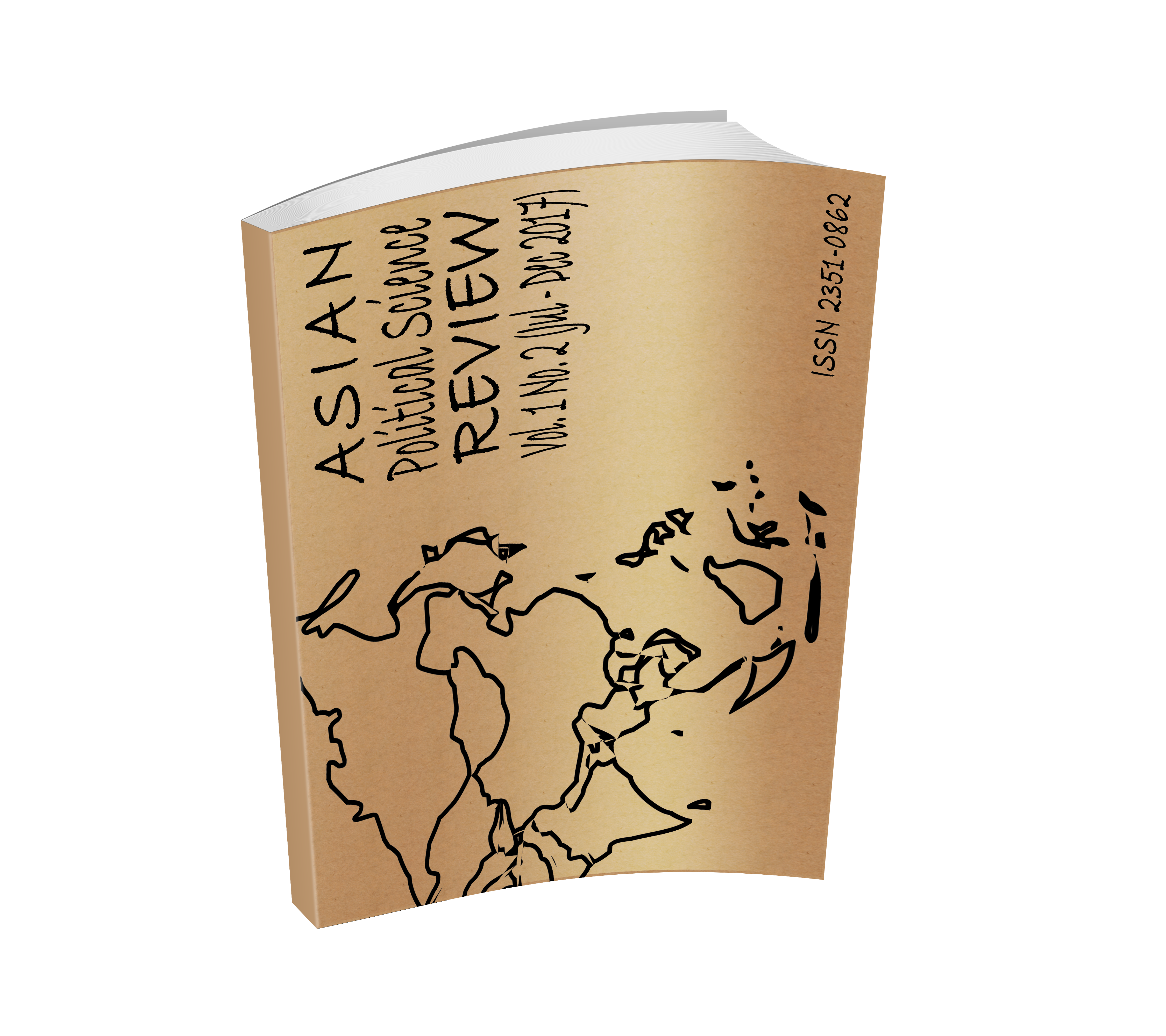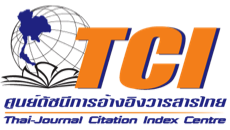Path to Create the Democracy Ways of Self-Governance in the Ethnic Communities in Thailand’s North-Eastern Region
Keywords:
Democracy Ways, Self-Governance, Ethnic Communities, Community Forest Management, Thailand’s North-Eastern RegionAbstract
The study aimed to take lessons and experience from the community forest management methods of three ethnic communities namely, Phu Tai, Tai Lao and Tai Kui, and to study the guidelines of forest resource management among ethnic communities in the Northeastern region of Thailand, based on the on self-management democracy in communities. The researcher used qualitative research methodology in the three major ethnic communities in the Northeast, namely: 1) the Phu Tai ethnic community residing in the community forest, Nong Hang, Kalasin; 2) the Tai Lao ethnic communities residing in Phu Kham Noi Community Forest, Sawawat, Khon Kaen, and 3) the Tai Kui ethnic communities residing in the Don Pu Ta Baan Arlue Forest Village, Sum Rong Taab, Surin. The researcher conducted the documentation analysis and field research by participatory observation and in-depth interviewing the key informants who are involving in community forest management in each area amount total 30 peoples. All the data were analyzed by using the content analysis model and compare the case studies’ information for providing to the conclusion of the descriptive research results. The research findings were as follows: 1) based on the lessons learned and experiences from community forest management methods used as case studies, the selfmanagement in democratic way can be summarized into four patterns as follows: 1) protective democratic, 2) direct democracy, 3) participatory democracy, and 4) discussed democracy. However, there is no single model used to analyze self-management in democratic way of ethnic communities as the case studies of this research. There are the needs of the development of participatory democracy with the integrated democratic practices. As well as the management of community forest in the selected ethnic communities can be characterized by values and features of democratic practices into seven forms. These are the unique features of the hidden democracy in the community forest management process. In addition, community forest management is developed as a part of learning process of democratic practices as the mentioned seven principles based on community culture.Lastly, the management of forest resources among the ethnic communities in the Northeastern region are based on self-management with democratic principles in line with the two practices. These mechanisms lead to the concept of responsibility, citizenship, and the creation of community-based roles in terms of self-management. This will lead to the establishment of a democratic pathway that is appropriate to the local community, which contributes to the stability and security of the national democratic system.
Downloads












.png)


